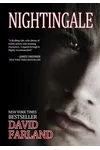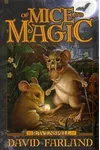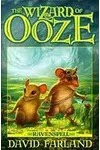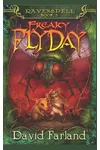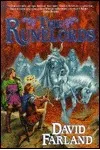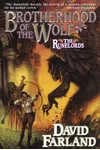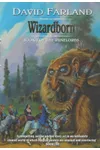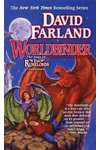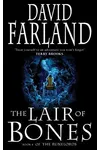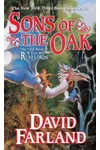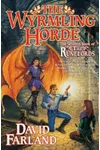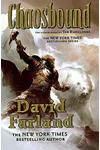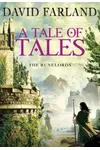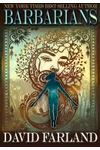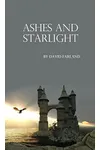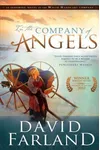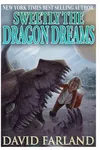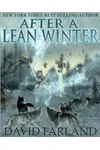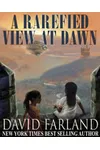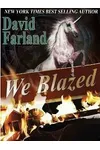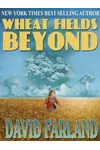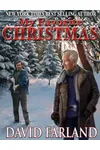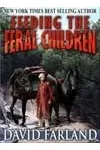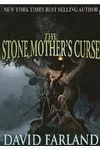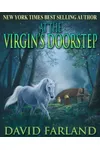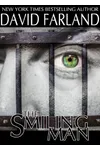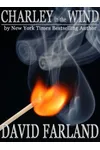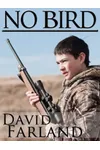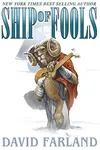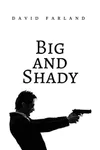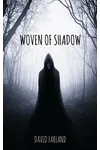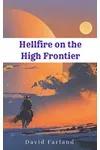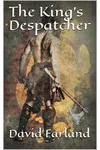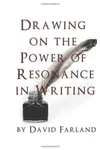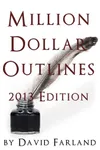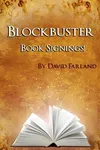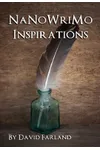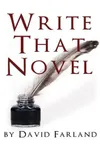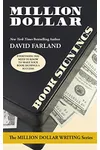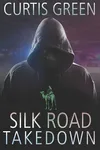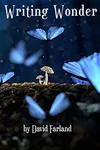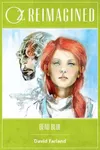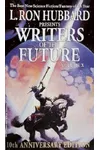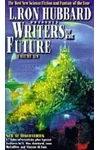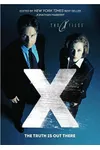Picture an American storyteller who conjured epic battles and magical worlds, weaving tales that linger long after the last page—meet David Farland! Born Dave Wolverton, this fantasy and science fiction maestro captivated readers with his New York Times bestselling series, The Runelords, and left an indelible mark as a mentor to literary giants. From crafting novels to shaping the next generation of writers, Farland’s legacy is as vibrant as his imagination.
With over 60 novels, a knack for mentoring, and a Guinness World Record for the largest book signing, Farland was a force in speculative fiction. Let’s dive into his extraordinary life and the stories that made him a beloved figure in fantasy.
The Making of David Farland
Born on May 28, 1957, in Springfield, Oregon, John David Wolverton grew up on a farm in Monroe, where his love for storytelling blossomed. As a young dreamer, he penned short stories, inspired by the boundless possibilities of fantasy. After studying at Brigham Young University, he took a bold leap, transitioning from varied jobs like prison guard and pie maker to pursue writing full-time. His big break came in 1987 when his novella, On My Way to Paradise, won the L. Ron Hubbard Writers of the Future Contest, launching his career with a flourish.
Initially writing science fiction under his birth name, Wolverton adopted the pseudonym David Farland in the mid-1990s to distinguish his fantasy works, starting with The Runelords. This strategic shift, partly to ensure better bookstore shelf placement, marked the beginning of his rise as a fantasy titan.
David Farland’s Unforgettable Stories
Farland’s storytelling prowess shines in The Runelords, a nine-book saga beginning with The Sum of All Men (1998). This series introduces a unique magic system where attributes like strength or wit can be transferred between individuals, creating superhuman Runelords and their vulnerable dedicates. Critics praised its intricate world-building and moral depth, with Orson Scott Card calling it an “epiphany” for its emotional resonance.
Beyond The Runelords, Farland explored diverse genres. His middle-grade series, Ravenspell, starting with Of Mice and Magic (2005), blends humor and adventure, earning accolades for its playful tone. As Dave Wolverton, he penned science fiction like On My Way to Paradise (1989), a Philip K. Dick Award finalist, and Star Wars novels, including The Courtship of Princess Leia. His versatility extended to video game design, notably for StarCraft: Brood War, showcasing his ability to craft immersive narratives across media.
Farland’s style is marked by vivid characters, intricate magic systems, and themes of sacrifice and heroism. Whether writing for adults or younger readers, he balanced thrilling action with thought-provoking ethical dilemmas, making his stories both accessible and profound.
Why David Farland Matters
David Farland’s impact transcends his novels. As a judge and coordinating editor for the L. Ron Hubbard Writers of the Future Contest from 1991 until his passing in 2022, he discovered and nurtured new talent, shaping the careers of bestselling authors like Brandon Sanderson, Stephenie Meyer, and James Dashner. His mentorship, through workshops and his website, MyStoryDoctor.com, empowered countless writers, earning him the nickname “The Writer Whisperer.”
Farland’s innovative magic systems and commitment to storytelling excellence elevated fantasy as a genre. His passing on January 14, 2022, due to a tragic fall, left a void, but his works and teachings continue to inspire. His final Runelords novel, A Tale of Tales, remains a testament to his enduring vision.
About David Farland
- Born: May 28, 1957, Springfield, Oregon
- Key Works: The Runelords, On My Way to Paradise, Of Mice and Magic
- Awards: Writers of the Future (1987), Philip K. Dick Award finalist, Guinness World Record for largest book signing
- Mentored: Brandon Sanderson, Stephenie Meyer, James Dashner
Image: Portrait of David Farland, capturing his warm smile and creative spirit.
Snag The Sum of All Men and dive into David Farland’s epic fantasy world—where magic, heroism, and heart await!
